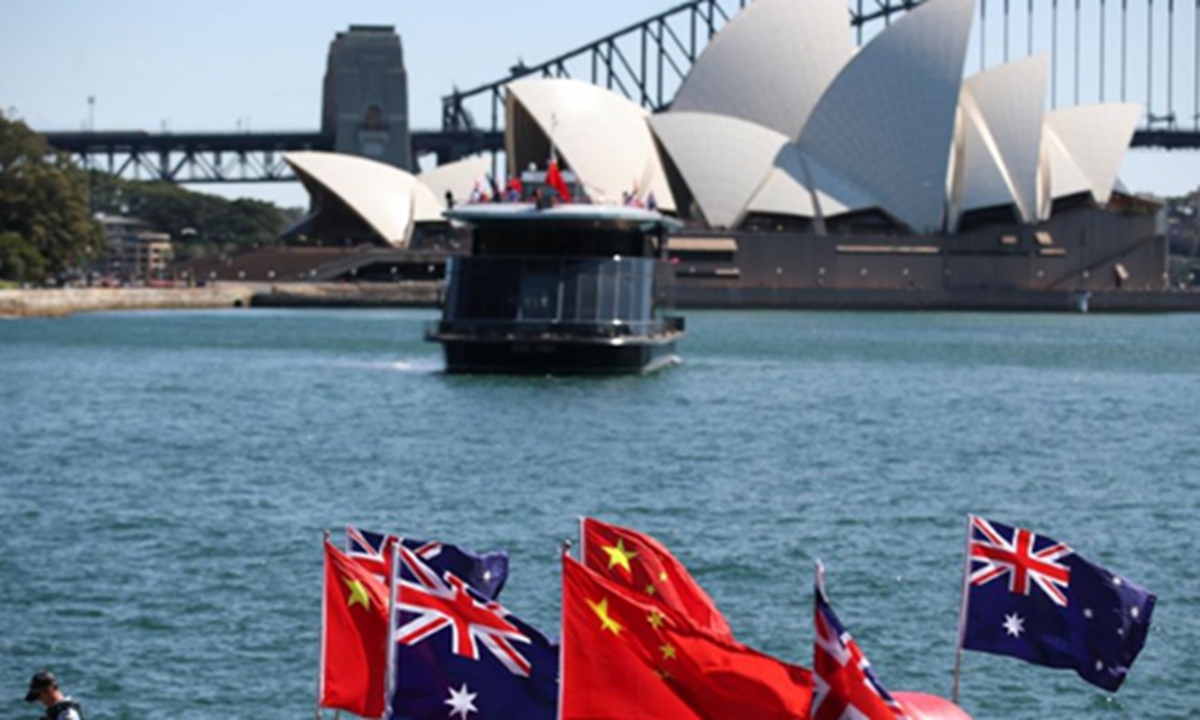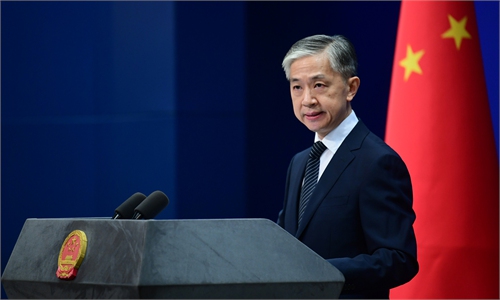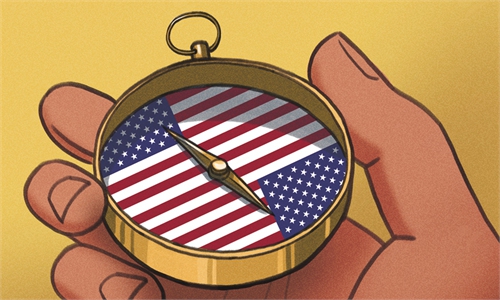Calls for easing China-Aussie economic disputes can’t ignore political reconciliation

File photo
Despite the deteriorating China-Australia relationship, there have been calls and wishes for continued bilateral cooperation in economic and trade aspects. On Wednesday, John Howard, former Australian prime minister, said on the sidelines of the Singapore Summit that Australia and China need to find common ground despite their differences because the economic relationship between them is very important.
"It's tremendously important in these difficult times, particularly against the background of the pandemic, to take a balanced approach, to try and find areas of common agreement," he said.
It should be acknowledged that the former prime minister's rational and pragmatic approach attitude toward China-Australia relations is very commendable, especially at a time when bilateral economic ties may slide further to a new low in the near future.
For instance, Australia's barley exports to China during the 2020/21 season are widely expected to drop. Meanwhile, recent data also suggested a cooling trend for the overall trade picture between the two sides. Statistics from China's General Administration of Customs showed that in August, China-Australia trade in goods fell 15.2 percent month-on-month and 12.8 percent year-on-year, among which Australian exports to China slumped by nearly a quarter year-on-year and a fifth month-on-month during the same month.
Indeed, there are sufficient signs to indicate that the economic rift between the two countries is growing, which have to be attended to. Yet, the usual trade negotiation channels may not suit the current situation as market concerns over future trade tensions are mostly derived from the months-long political confrontation. What the Australian side has been doing in making political provocations against China is far beyond the political or ideological differences between two close trading partners.
Over the past few months, bad news for bilateral relationship came almost every week. For instance, Australia reportedly spied on the communications of Chinese diplomats under the excuse of foreign political interference, just days after news broke out that Australian police had searched and questioned Chinese journalists.
With repeated setbacks faced by China-Australia relationship, it seems a little bit naive to expect business confidence and activities to remain constant.
The Australian side needs to come to the realization that it should stop creating new obstacles in bilateral relations. As long as political tension is no longer the distraction can the two countries start seeking common ground in their economic complementarities.



